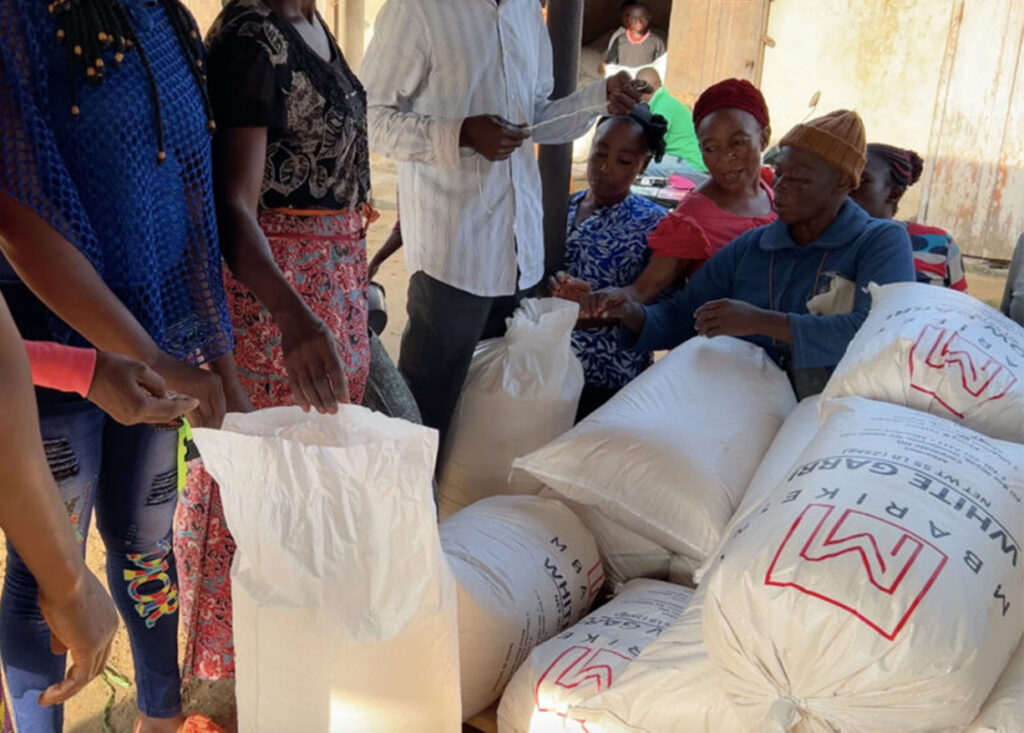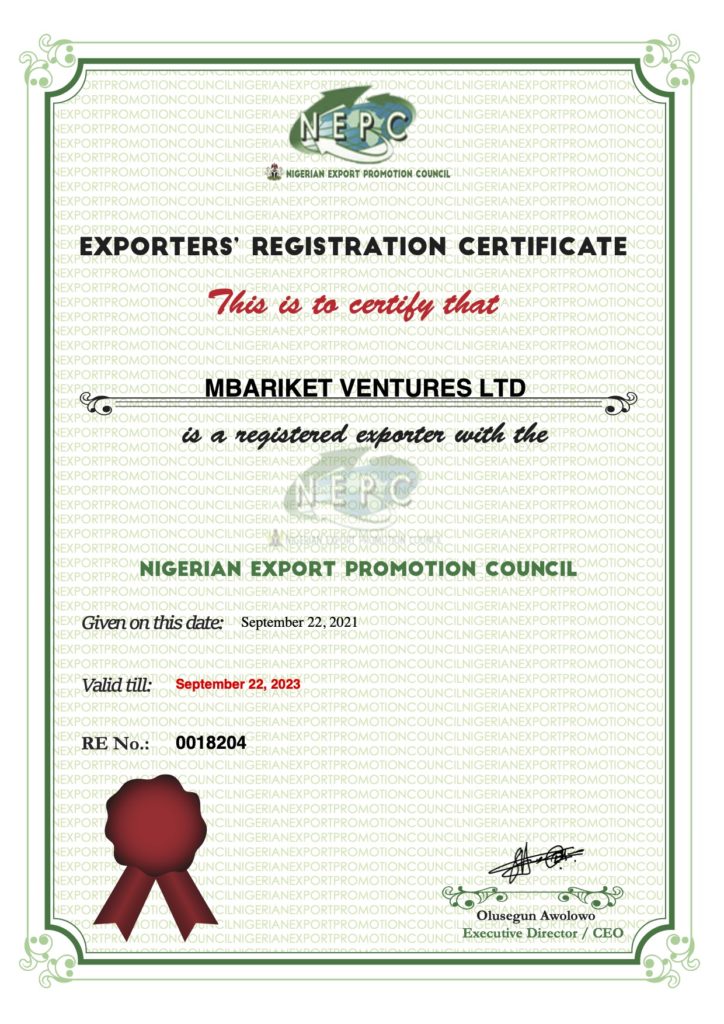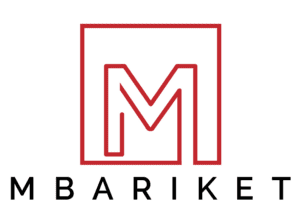If you are interested in importing food from Nigeria, here are some things to consider and look for:

- Quality and safety: Ensure that the food products you import meet international quality and safety standards. Check that the products are free from contaminants, pesticides, and other harmful substances.
- Regulations and compliance: Make sure that the food products comply with local regulations and import laws. This may include obtaining the necessary permits, certificates, and licenses.
- Packaging and labeling: Check that the packaging and labeling of the food products meet your country’s requirements. The labels should include important information such as the product name, ingredients, nutrition facts, and country of origin.
- Supply chain and logistics: Consider the supply chain and logistics involved in importing the food products. Check that the products can be transported safely and efficiently, and that the suppliers have a reliable and efficient shipping process.
- Price and payment terms: Compare prices from different suppliers and negotiate favorable payment terms. Consider the total cost of importing, including shipping, duties, and taxes, when evaluating the price.
- Reputation and reliability: Choose a reliable and reputable supplier who can provide quality products consistently. Check the supplier’s track record, customer reviews, and references before making a purchase.
Identifying reputable Nigerian food exporters
Identifying reputable Nigerian food exporters can be a challenging task, but here are some factors to consider when evaluating potential exporters:
- Experience: Look for exporters with a solid track record of exporting food products to your country or region. Experienced exporters have a good understanding of international regulations and can handle logistics and supply chain management efficiently.
- Quality and safety: Check that the exporter’s food products meet international quality and safety standards. The exporter should be able to provide you with relevant certifications that demonstrate their products are safe and free from contaminants.
- Communication: Choose an exporter who is transparent and open in their communication. They should be able to provide you with clear and detailed information about their products, pricing, and shipping arrangements.
- Logistics and supply chain management: Evaluate the exporter’s ability to handle logistics and supply chain management effectively. They should have a reliable shipping process and be able to provide you with accurate delivery timelines.
- References and reviews: Look for references and reviews from previous customers. Reach out to other importers who have worked with the exporter before and ask about their experience. You can also look for reviews, recent activity and feedback on online platforms such as social media or trade directories.
- Pricing: Compare pricing from different exporters to ensure that you are getting a fair deal. Be cautious of exporters who offer significantly lower prices than other suppliers, as this may indicate a compromise on quality.
Nigerian Export Promotion Council (NEPC)
The Nigerian Export Promotion Council (NEPC) plays a significant role in ensuring the safety and quality of Nigerian food exports. The NEPC is a government agency that is responsible for promoting and regulating exports from Nigeria. Here are some of the ways in which the NEPC contributes to the safety of food exports:

- Regulatory compliance: The NEPC ensures that Nigerian food exports comply with international standards and regulations. The council provides guidance to exporters on the requirements for packaging, labeling, and documentation for exports.
- Quality control: The NEPC has a laboratory that tests food products to ensure that they meet international quality and safety standards. This testing includes checks for contaminants, pesticides, and other harmful substances.
- Export certification: The NEPC issues certificates that confirm that Nigerian food exports meet international quality and safety standards. These certificates are required by many importing countries to ensure that food products are safe for consumption.
- Training and capacity building: The NEPC provides training and capacity building programs for exporters on best practices for quality control, food safety, and regulatory compliance.
- Market access support: The NEPC works with Nigerian exporters to identify and access new markets for their products. This support includes trade missions, market research, and networking opportunities.
It’s important to work with reputable and reliable suppliers who can provide high-quality products consistently. Conduct thorough research and due diligence before importing food products from Nigeria to ensure that you are complying with all applicable regulations and receiving quality products at a fair price.
Talk to us about importing food from Nigeria. Follow Mbariket on LinkedIn. Explore our brands.
